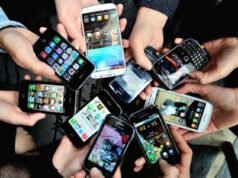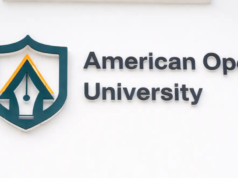Marking the 58th International Literacy Day in Abuja, the Nigerian Government renewed its commitment to fighting illiteracy and called on citizens to support mass literacy as a shared national responsibility.
Minister of State for Education, Professor Suwaiba Ahmad, said literacy should no longer be seen as a privilege but as a basic human right and a foundation for economic growth and democracy. She linked the government’s new literacy push to President Bola Ahmed Tinubu’s Renewed Hope Agenda, which seeks to align Nigeria’s education sector with global development goals.
“Literacy is the foundation of development,” she noted, highlighting the urgency of meeting Sustainable Development Goal (SDG) 4.6 by 2030. That global target requires that all youth and most adults achieve functional literacy and numeracy.
But Ahmad made it clear that the government cannot do this alone. Citizens, community leaders, religious institutions, businesses, and development partners must all be part of the effort. Literacy, she stressed, is a shared responsibility.
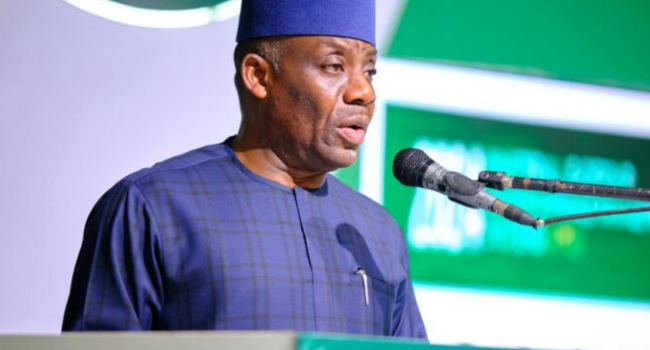
Table of Contents
Mapping the Path Forward with Data and Inclusivity
To close Nigeria’s literacy gaps, the Federal Ministry of Education has embarked on a nationwide mapping exercise to identify non-literate and out-of-school Nigerians. This data-driven strategy is designed to ensure that literacy programmes target real communities rather than running as blanket initiatives.
The mapping covers rural villages, urban centres, internally displaced persons (IDP) camps, and nomadic settlements. “We must know exactly where our learners are,” Ahmad explained. With accurate data, the government hopes to design interventions that respond to the specific realities of each group.
New delivery models are also on the table. Beyond conventional classrooms, Nigeria plans to leverage community centres, educational radio and television, and mobile learning platforms. The ministry is also exploring the Cuban “Yes, I Can” approach, which has been successfully adapted in other countries. This reflects a recognition that literacy in today’s world goes beyond reading and writing—it now includes media and digital literacy.
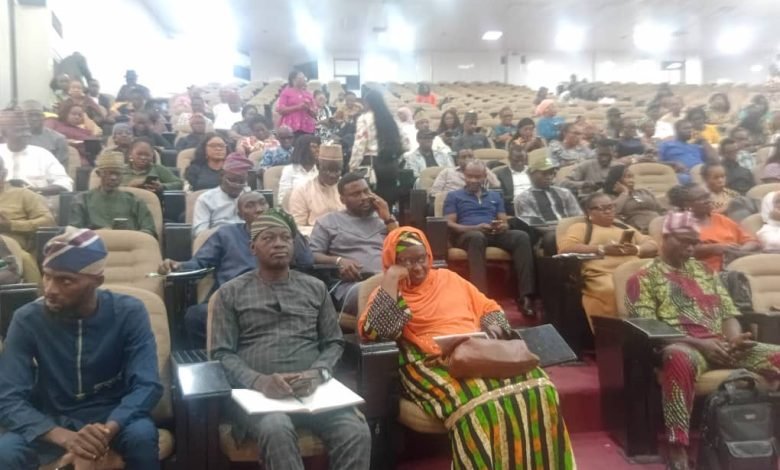
From Abuja’s Milestone to Nationwide Momentum
The National Commission for Mass Literacy, Adult and Non-Formal Education (NMEC) has already recorded progress in the Federal Capital Territory (FCT). In just one year, it enrolled over 27,000 out-of-school youth and adults—far above its initial target.
Beneficiaries came from settlements such as Apo Mechanic Village, Mararaba, Gwagwalada, Lugbe, and Kubwa. These are communities where formal schooling is often disrupted by poverty, displacement, or migration. For many enrollees, this was their first opportunity to gain basic reading and numeracy skills.
Dr. John Onimisi, Acting Executive Secretary of NMEC, described the milestone as proof that targeted, community-driven literacy programmes can deliver real results. He confirmed that NMEC plans to expand the programme to 377 local government areas across the country, using 17 new community learning centres as hubs.
“This is not just about education; it is about empowerment,” he said. Literacy opens up access to jobs, civic participation, and even healthcare. Without it, millions of Nigerians remain excluded from opportunities that should be theirs by right.
A Shared Responsibility for Sustainable Progress
While government agencies are laying the foundation, the Nigerian Government insists that communities, private sector players, and civil society must take ownership. The Minister urged well-meaning Nigerians and corporate bodies to invest in literacy drives as part of their social responsibility.
UNESCO’s Acting Head of Sector Education in Nigeria, Oladeji Adeyemi, reinforced the message. He described literacy as both a human right and a catalyst for sustainable development. Without literacy, he said, it is impossible to talk about poverty reduction, gender equality, or inclusive economic growth.
The call to action is timely. According to UNESCO, Nigeria still has one of the largest populations of non-literate adults in the world, despite being Africa’s biggest economy. For every child who misses school or an adult who cannot read, the nation loses potential contributors to its progress.
By linking literacy to national development, the government is pushing Nigerians to see the issue not just as a classroom challenge but as a collective investment in the future. From companies funding community centres, to religious institutions hosting after-school learning, to individuals volunteering as tutors, the possibilities are endless.
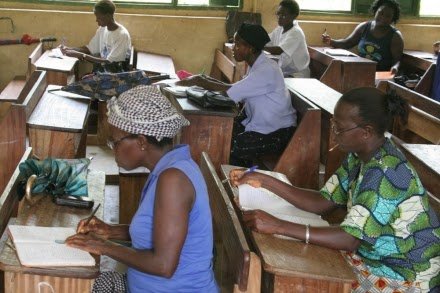
Conclusion: Literacy as a Lifeline
The renewed push for mass literacy is more than policy—it is a call for collective action. Literacy is no longer optional in a world where digital platforms, formal documentation, and civic processes require basic reading and numeracy skills.
The Abuja enrolment success shows what is possible when intention meets community action. Scaling that model across all states could be a game-changer. But success depends on sustained funding, collaboration, and the willingness of citizens to see literacy as everyone’s business.
In the words of Minister Ahmad, “A literate citizen is an empowered citizen.” If Nigeria embraces this vision, mass literacy will not just improve individual lives—it will unlock the nation’s potential for inclusive growth, democratic stability, and sustainable progress.
Join Our Social Media Channels:
WhatsApp: NaijaEyes
Facebook: NaijaEyes
Twitter: NaijaEyes
Instagram: NaijaEyes
TikTok: NaijaEyes
READ THE LATEST EDUCATION NEWS


